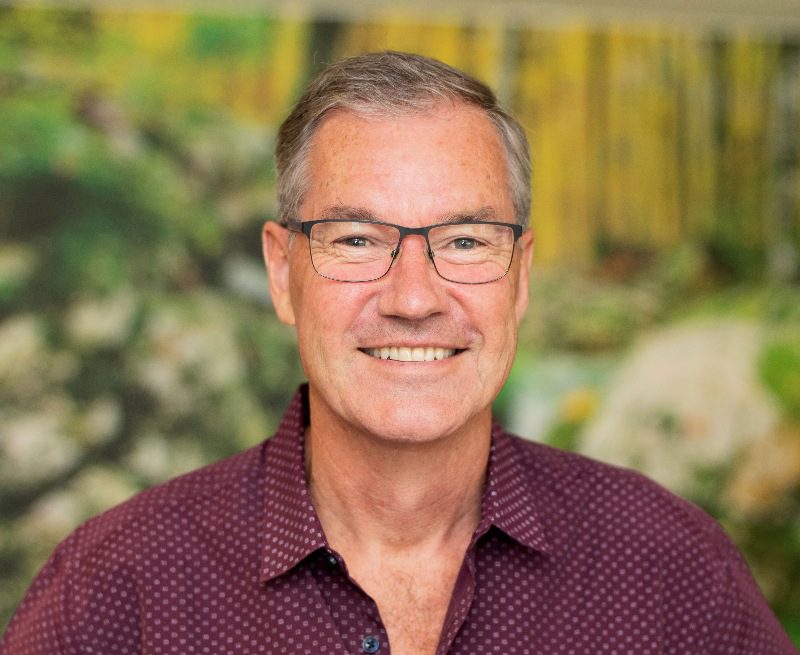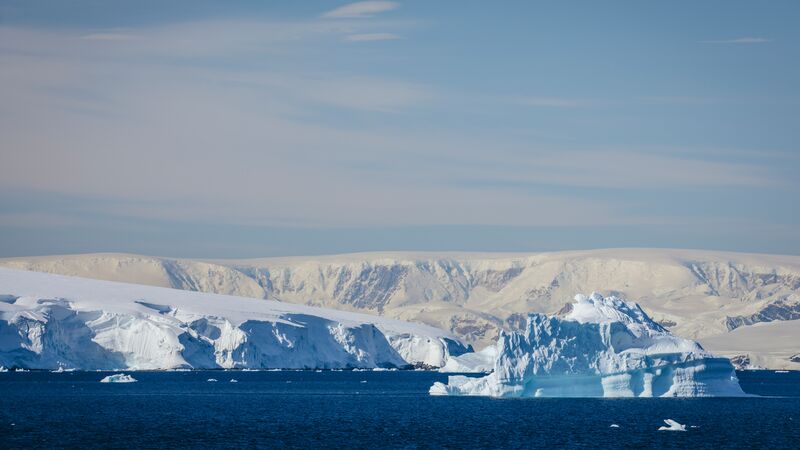It’s the world’s last great wilderness – so why are we still taking travellers to Antarctica? Intrepid co-founder Darrell Wade shares his thoughts.
With no full-time residents, governments, cars or military, Antarctica is one the last places on earth that exists in the way nature intended. So in a place where nature truly reigns supreme, it’s critical to consider your impact on such a fragile ecosystem.
While travel to Antarctica is by no means perfect, we would not have decided to operate there if we felt it was negligent to do so. In fact, the more we learned about how Antarctica approaches tourism, the more we felt it was important to be part of sustaining its future. The region’s governance, focus on value over volume and commitment to using tourism in the pursuit of peace and science are unlike anything we’ve seen in any other ‘cruise’ destinations around the world.
Intrepid Travel’s co-founder, Darrell Wade, was recently asked to share his thoughts on tourism in Antarctica for the High Level Panel for a Sustainable Ocean Economy, an essay that was presented at the United Nations last month. This piece gives travellers a great insight into how, as a responsible tour operator, Intrepid is approaching travel in Antarctica.

“For Intrepid, setting up operations in Antarctica was a considered choice. But that didn’t make it an easy decision,” he writes. “Intrepid made the decision to operate in Antarctica as we believed it would offer an incredible experience and create value for our customers… We also knew that operating our own product would provide us with greater control of all aspects, including environmental considerations.”
All Intrepid trips, both in Antarctica and across the globe, are 100% carbon neutral, but this wasn’t enough for us to meet our environmental and social responsibilities. As part of our seven-point climate action plan, we’re also committed to science-based decarbonisation targets which include double offsets on our Polar Expeditions.
“Offsets are not enough to address the climate crisis, which is why we have committed to science-based targets to decarbonise our business at the pace and scale that science tells us is necessary to limit global warming to 1.5C,” Darrell says. And he’s hopeful that Intrepid’s stance on climate action will inspire other operators in the region to do the same.
“Intrepid is a relatively new player in Antarctica, but the continent has long been supported by strong governance – unlike many of the other destinations in which we operate,” he says. “Much of the approach to tourism in Antarctica can provide a baseline for a more responsible cruise industry worldwide. As part of a responsible future for Antarctica tourism, we can draw on lessons that help inform the entire cruise industry.”
This involves plans to invest in a new energy-efficient ship to help us reach our net-zero emissions goals by 2035. It also means working more closely with citizen scientists, which we aim to incorporate into all of our polar voyages through partnerships with organisations like the WWF.
“Much of global ocean tourism is extractive in the sense it does little to mitigate travellers’ impact, let alone understand it. But the idea that tourism can support science and research is a shared-value model worth exploring,” Darrell says. “Citizen science also deepens a traveller’s sense of purpose in a destination – it goes beyond the idea that simply visiting Antarctica will make a traveller a steward of the destination. It actually brings together leisure and science, people and planet and has exciting potential for tourism more broadly, on both water and land.”
Travel, in general, is a privilege, and it’s a fortunate handful that get the opportunity to experience a destination like Antarctica. We still have work to do to make our expeditions to the region as responsible as we can, while continuing to educate and inspire our travellers to care for and protect our natural world.
“The world’s last great wilderness will always draw visitors,” Darrell concludes, “and we must execute our moral, environmental, social and economic obligation to create a negligible impact and non-extractive existence in Antarctica to sustain this destination for future generations.”
Read Darrell’s full essay for the UN Ocean Panel, and learn more about our commitment to responsible travel and reducing our impact in Antarctica here.

